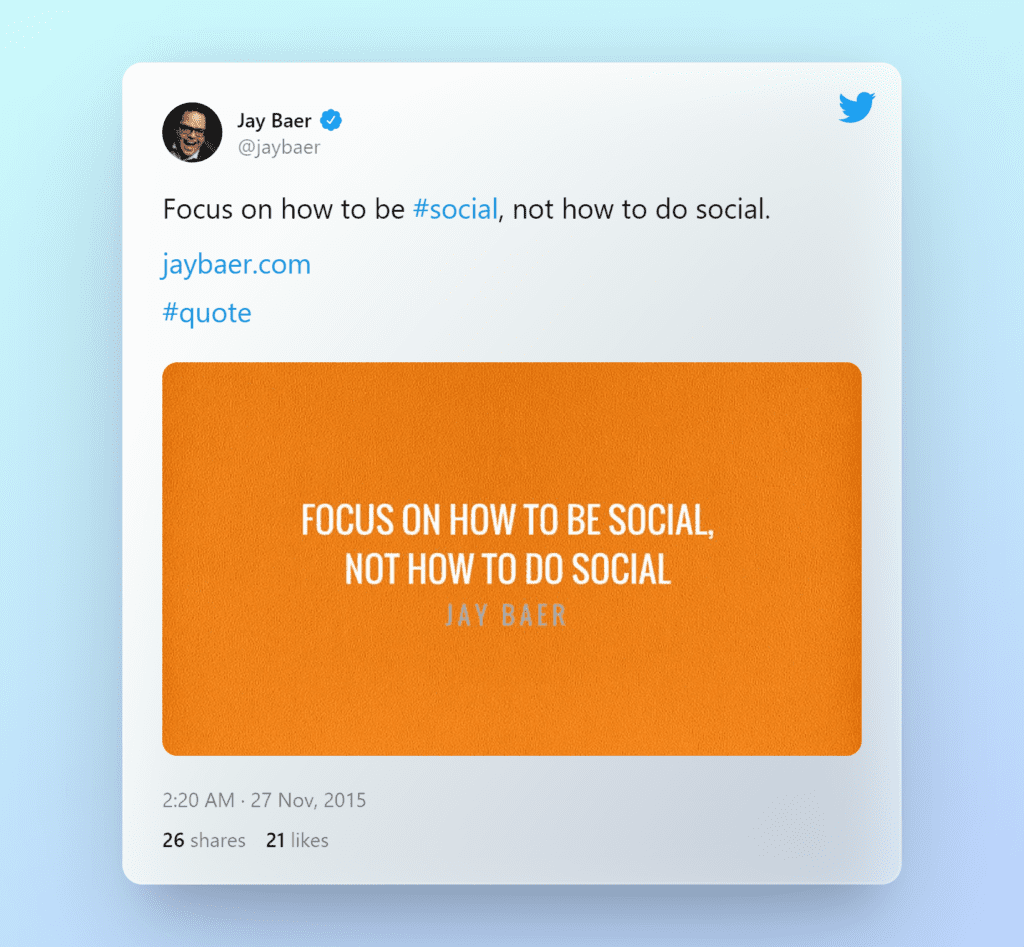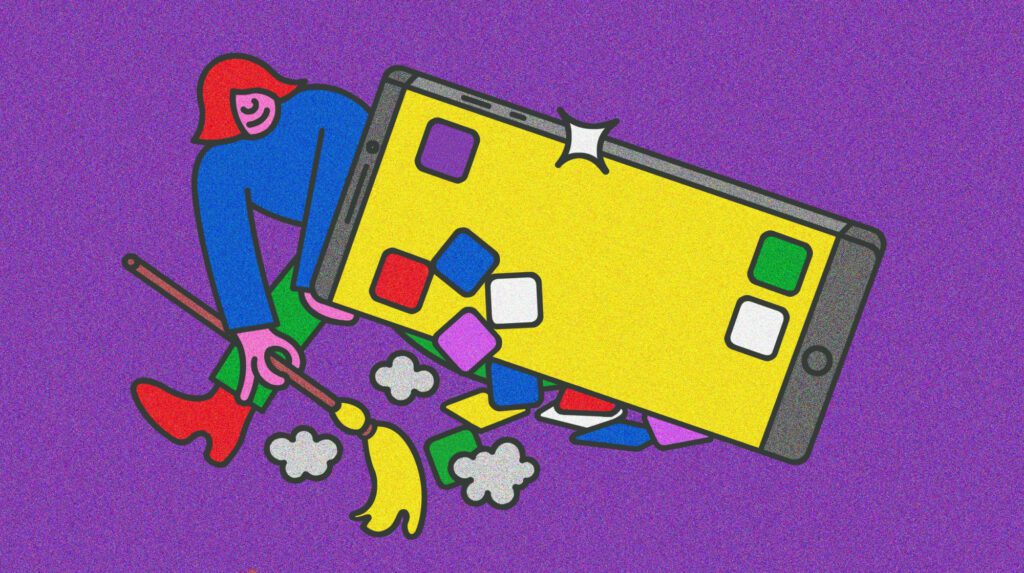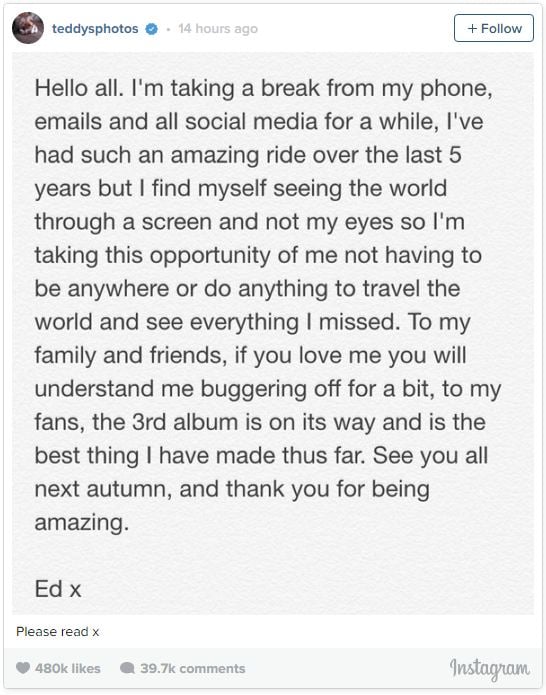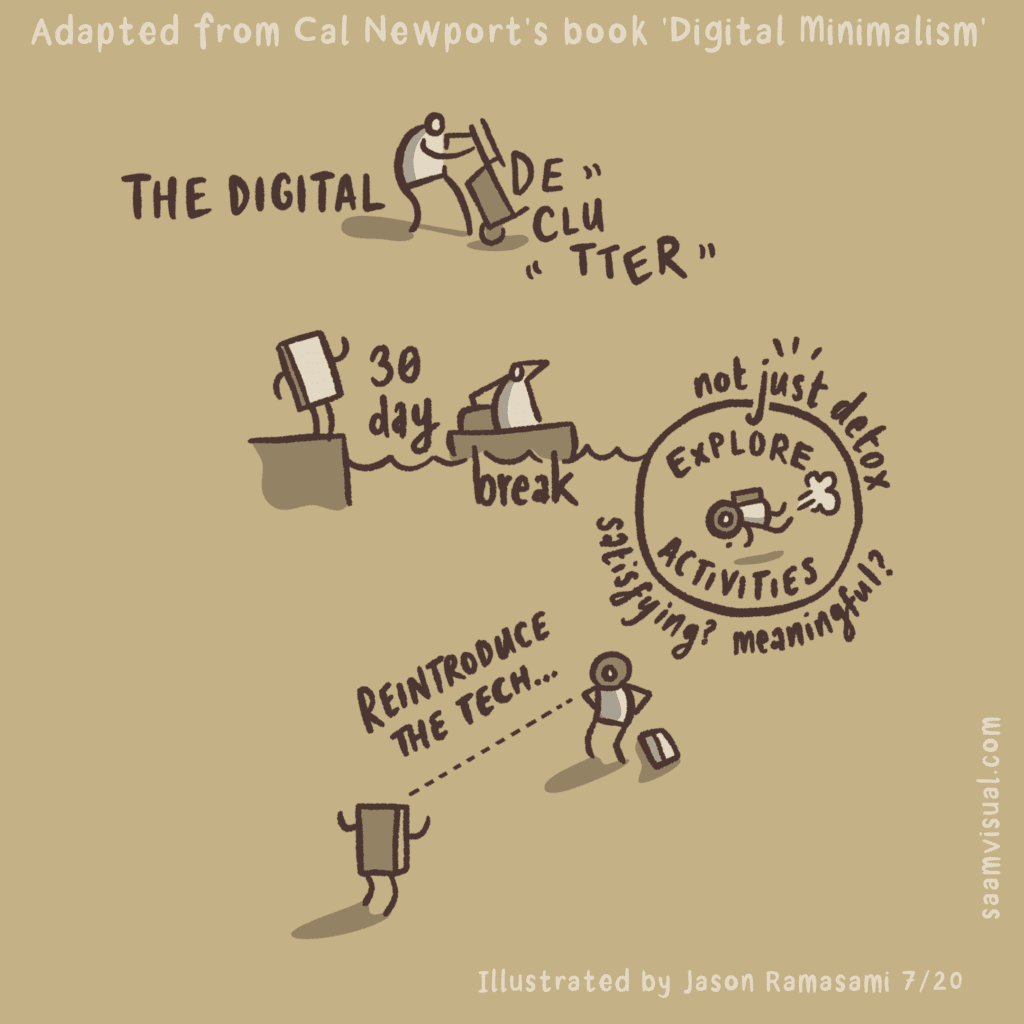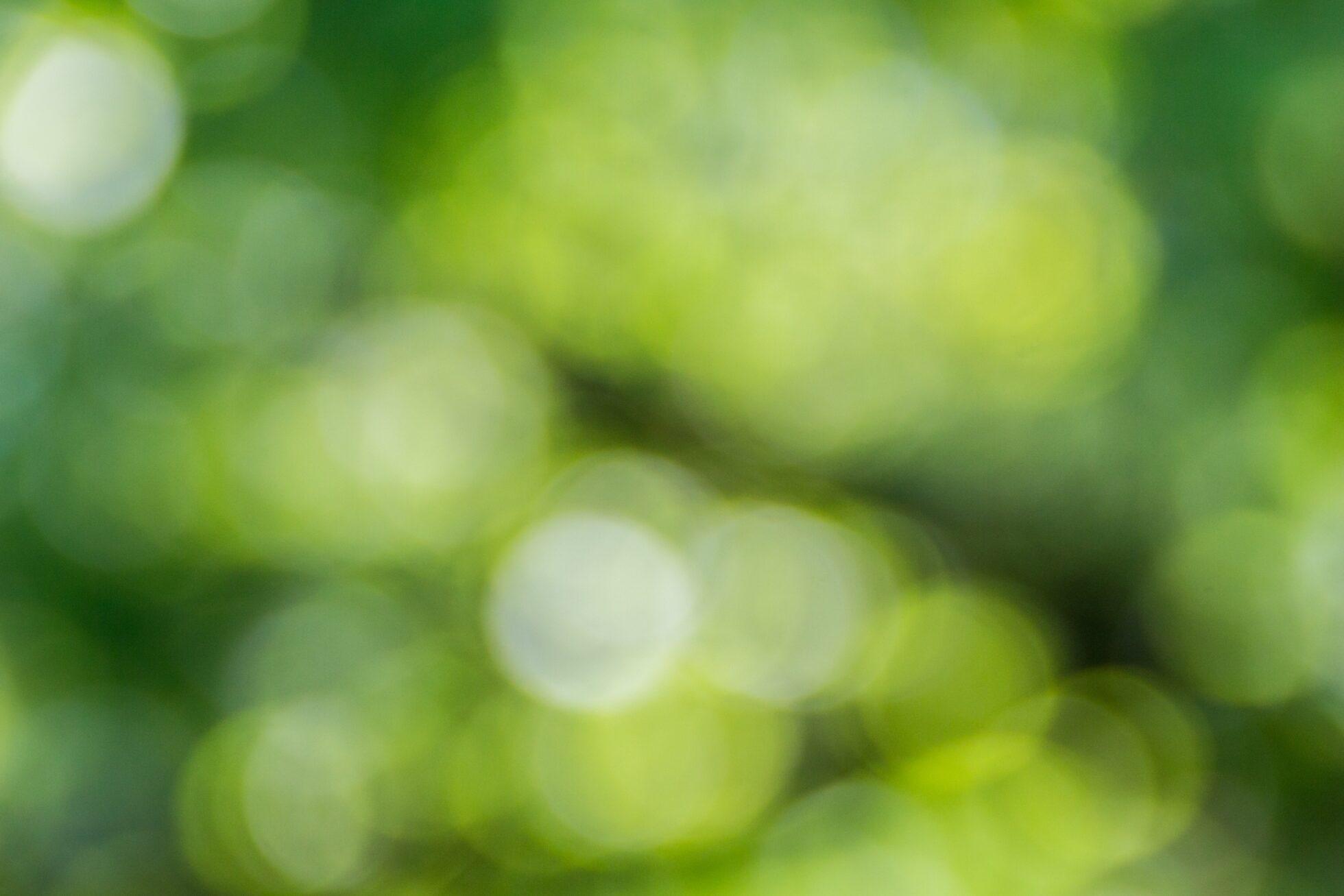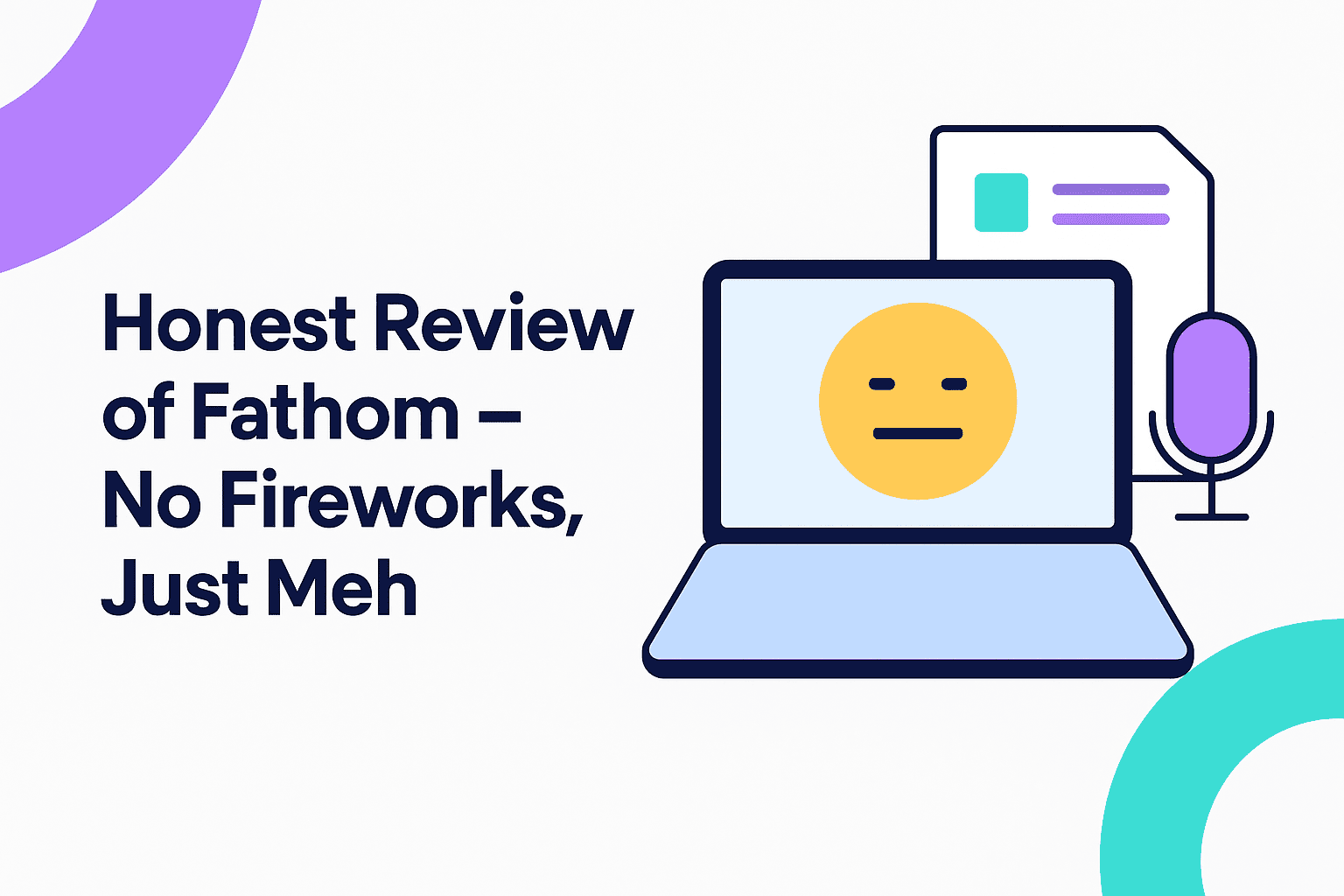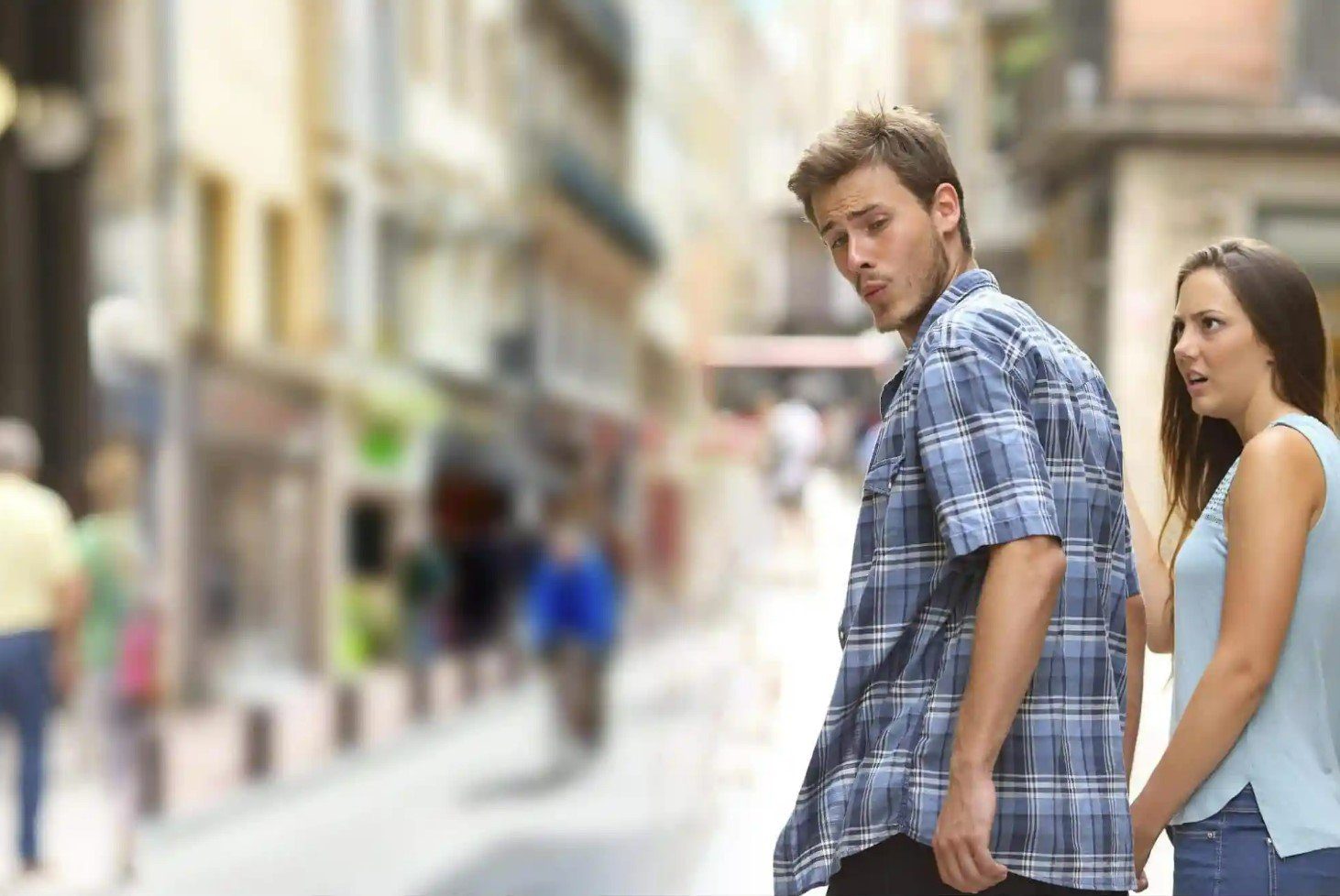Living with social media at our fingertips has many costs, and it’s more than just lost time as we scroll mindlessly through our feeds without feeding on anything substantial. Over the past decade or so, we’ve come to realize that there’s anxiety that comes from seeing the staged versions of other people’s lives online and comparing them to ours.
Additionally, this lost time is also productivity lost. When a huge chunk of your day is spent on social media, you’re not just wasting your time—you’re also not getting any work done. Studies have shown that the average person looks at their phone 58 times a day, and approximately 30 out of 58 times are usually done during work hours.
We know exactly an expert who can help you, so don’t go closing that tab just yet! Author Cal Newport gives us a lifestyle that we can look into if we want to take back what is rightfully ours.
Also, if you want to go straight to the Cal Newport Digital Minimalism download, then click here.
Table of Contents
Who is Cal Newport?
Cal Newport is a computer science and mathematics professor at Georgetown University. He finished his undergraduate degree at Dartmouth College and earned his Ph.D. in Computer Science at the Massachusetts Institute of Technology (MIT). He has taught at the Princeton University Department of Computer Science and the Yale University School of Management.
Newport’s name has become synonymous with productivity and work hacks—thanks to his critically acclaimed books Deep Work and So Good They Can’t Ignore You. This guy knows what he’s talking about, and people love it. In fact, Deep Work was a Wallstreet Journal bestseller and Amazon Best Business Book selection back in 2016.
His books’ success paved the way for his most recent work, Digital Minimalism: Choosing a Focused Life in a Noisy World, in which he talks about how technology can diminish your productivity, mental state, and overall quality of life, and helps his readers climb out of the seemingly endless pit that is (again) social media.
Digtal Minimalism: The apps, the noise and the quiet
Cal Newport’s Digital Minimalism on living better with less technology is about how the convenience of technology actually inconveniences us. We thought instant messaging was a great way to communicate and create bridges, only to realize it has just made us feel more detached and has built faulty roads that lead to questionable destinations.
The book provides its readers with insights on how to create a meaningful life in the digital age as we live in an era of information overload and constant distractions. It outlines the benefits of digital minimalism, such as eliminating distractions and spending more time on self-care.
Newport argues that social media and technology, in general, make it difficult for people to experience solitude. We are constantly checked on by notifications or are being “plugged in” to work. Digital Minimalism by Cal Newport encourages us to take back our attention by applying different practices to minimize our digital consumption, free up our minds of the clutter. This is in order to establish boundaries to live a life not technologically-bound.
Digital Minimalism: 30-day challenge
To put Newport’s wisdom to practice, he challenges his readers to go on a 30-day digital minimalism journey, applying what he has imparted in his book.
Grab your pen and paper, and no, do not open your notes app!
So what’s the point of this challenge? The goal is to achieve a “minimalist technology,” not to get rid of all technology (though some people may go this route) but rather, to reduce dependency on devices or “appcessories” so one can live a more streamlined life. Now, to reduce your dependency on technology, you will need to disconnect from social media, delete apps that you don’t actively use anymore, and rely on good old paper planners.
Yes, PAPER PLANNERS and not your synced-up cloud calendar that gives you a tirade of notifications.
A good example of this is deleting your Facebook app. Having direct access to a social media platform via its app compels you to check it every time you get a beep. An alternative is if you do have to open Facebook, do it via your phone’s browser. This way, the barriers for entry are higher thus, making it less convenient to use and forcing you to only do what is necessary rather than being sucked into the vortex of endless social media content.
It’s akin to cutting off a toxic friend! You won’t really realize how much of a negative impact they have on you unless you cut them off. For some people who also took on the challenge, cutting off social media is even comparable to an addiction withdrawal.
After the challenge, most people who have done this don’t exactly end up a full digital minimalist, but rather, they were able to introduce certain practices in their daily routine that minimize their digital consumption and dependency. And in effect, taking a break off, especially on social media, has helped celebs like Ed Sheeran to learn to take hold of their concentration and time so they can focus on the things that truly matter.
Stephanie Vozza, writing for Fast Company, also claimed that Newport’s 30-day challenge has helped her better connect with people in her life:
“When the 30 days were over, I chose to not put Facebook back on my phone…I access Facebook on my laptop…If I want to check in with a friend, I can simply visit their page . . . or better yet, call them,” she wrote.
If you’re like many of us who recognize the need to unplug so you can collect your thoughts and come up for air, you’re welcome to download all of these digital minimalism learnings in this blog, in our handy Digital Minimalism PDF.
Key takeaways to live a digitally minimalist life
Newport lists four practices that readers should look into implementing in their everyday lives.
#1 Spend time alone
The first practice is very self-explanatory, but it’s exactly what Newport wants his readers to do. Newport uses the term “solitude” and gives it a different definition. Rather than being physically alone and away from anyone else, he talks more about solitude in our heads. After all, it’s one thing to be physically alone, but it’s another to be alone with your thoughts and acknowledge their existence without the judgment of others.
It’s essentially centered on being mindful of your thoughts and yours alone. We can also liken this activity to the practice of mindfulness in which you become present to what you are experiencing at the very moment and face thoughts with intention and without judgment.
Digital Minimalism by Cal Newport argues that rather than being with our thoughts and acknowledging them, we acknowledge notifications and fill our hours with consumption of media and content that we didn’t even ultimately choose to consume–we feel like we are obligated or compelled by social media noise into creating content just because others are doing it too.
#2 Don’t click “like”
“Don’t Click ‘Like’” talks about how we should be communicating. Technology has made communication accessible and instant, yes, but too accessible to the point that we’ve minimized our means to just mere clicks or “likes” to show approval or emotion towards whatever anyone is letting out.
Technology has also made communicating difficult by making our networks bigger and wider, turning our channels into echo chambers rather than direct lines. Just like with dating apps, instead of actually going out to meet someone, we’ve degraded this process to swiping right or left, a report from the New york times says that the average person who does use dating apps spends 90 minutes a day swiping left or right, you could’ve gone for drinks and had a substantial conversation instead.
Newport presents to his readers that conversation is the only form of interaction that can maintain and build relationships—a conversation that actually entails getting to know someone a little bit more, asking how their day went, how the people in their life are, and not just sending them simplified communicators such as likes and emojis.
#3 Reclaim leisure
Newport encourages us to go back into leisure that is purposeful and not just anything to kill time. As when one takes on the challenge of leading a digitally minimalist life, they will soon realize the amount of free time they have on their hands that was priorly consumed by mindless consumption of media and unintentional use of technology. This would be the best time to do something in the physical world that will last you longer than the marks or things you’ve built in the virtual realm, like fix a broken chair, cultivate a garden, run a mile, or partake in team sports. At large, reclaiming our leisure time with purposeful activities will ultimately leave us with tangible outcomes.
#4 Join the attention resistance
“Joining the Attention Resistance” is an overarching thought in the whole book. Taking back your time and attention to yourself and things that matter, not allowing big corporations to monetize your attention, and kick you back in the black hole that we’re trying our best to climb out of, is one of the objectives of the 30-day challenge and, ultimately, the digital minimalist lifestyle.
To Digital Minimalism & beyond
Ultimately, towards the end of the 30-day challenge or by simply experimenting with the digital minimalism lifestyle, people realize that it’s hard to fully disconnect and not depend on technology.
Overall, Newport’s Digital Minimalism teaches us that, while we really can’t discredit the other good things that technology has brought to our lives, digital minimalism presents us with this empowering alternative that gives us back a piece of our being that should be for ourselves and others to experience in the real world–that is, living in the present and experiencing life as it should be, with intention and attention because, at the heart of it all, digital minimalism is choosing a focused life in a noisy world.
Now, with the COVID-19 pandemic, we’ve been forced to rely on our computers and the internet to get work and tasks done, but a study has shown that 3 out of 4 American families are in need of a digital detox, especially with the isolation brought about by the pandemic.
All things considered, this is in no way supposed to pressure anyone to disconnect completely. After all, technology does have its pros and cons. The key here is in living a digitally balanced life.
And of course, make sure that you wrote all of this down on a piece of paper, not just in your notes app!
Want to download our Digital Minimalism PDF? 📝
Grab yours here! You can also check out our Deep Work by Cal Newport Summary and Daily Planner.

